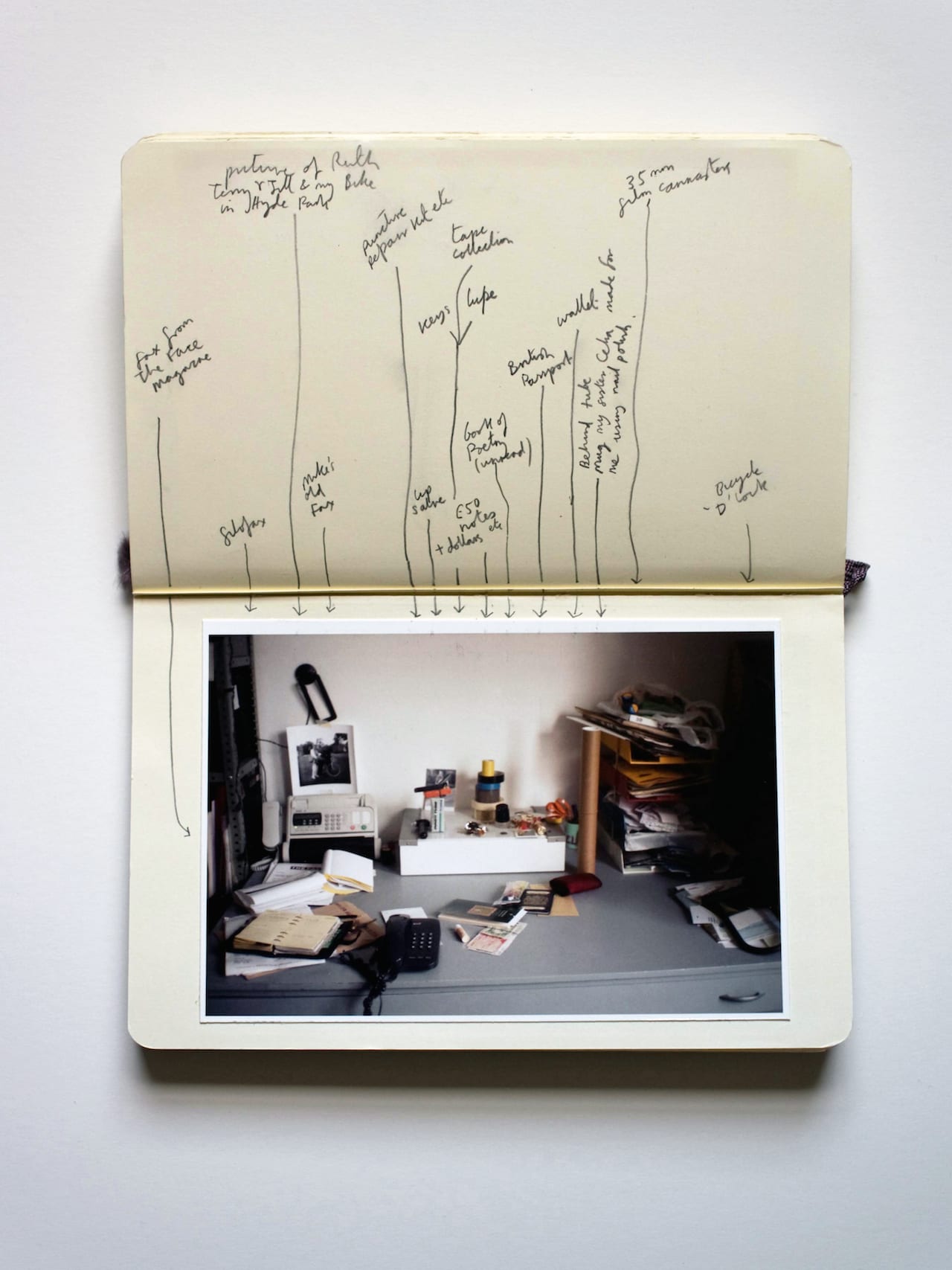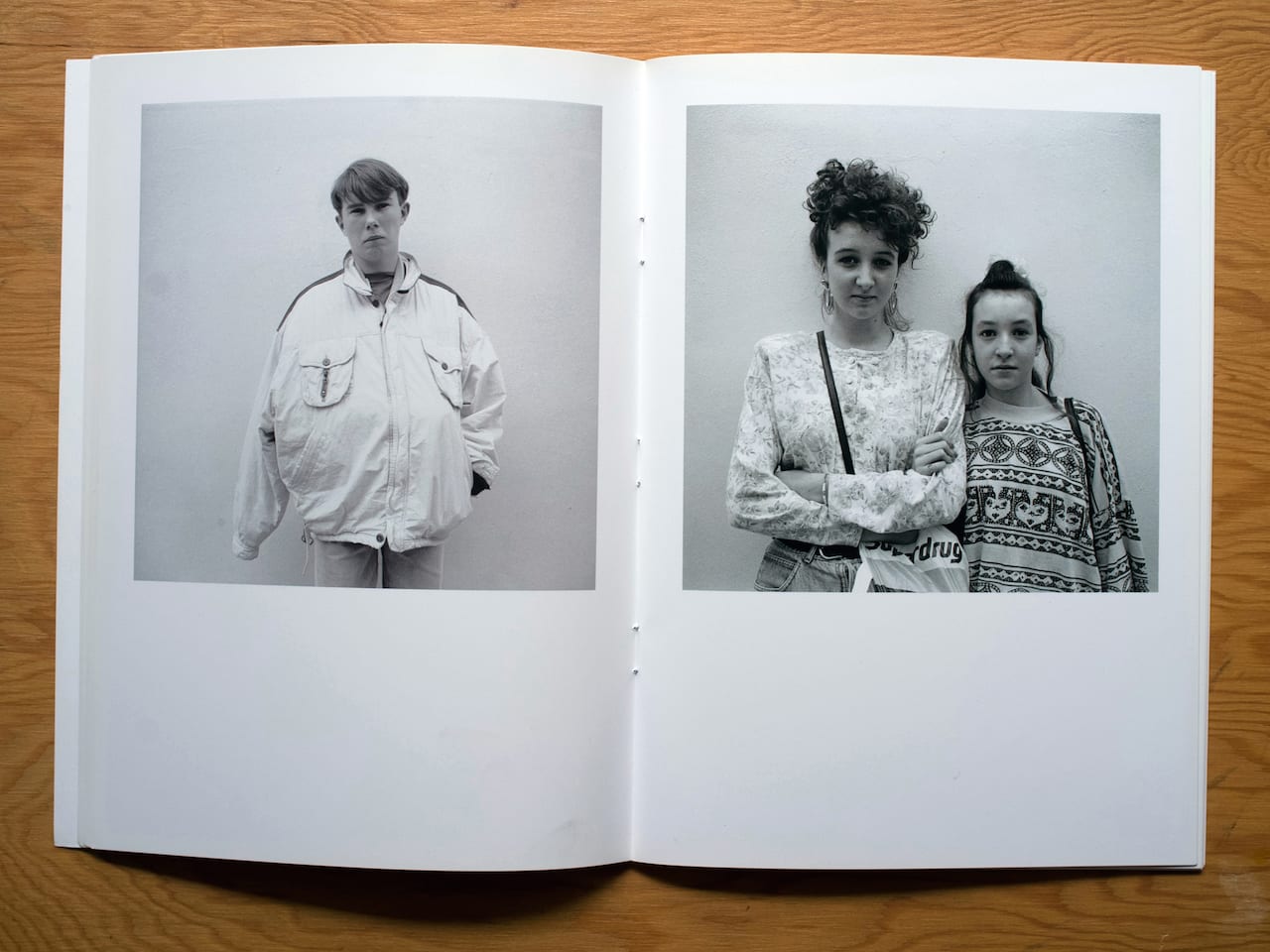Nigel Shafran first came to fame in 1990 with a series of images published by i-D; showing teenage shoppers in a down-at-heel precinct in Ilford, it was the antithesis of a high-end fashion shoot. His first venture into publishing, Ruthbook, had a similarly pared-down approach; showing his girlfriend shot mostly at home, in her dressing gown, say, or blowing her nose, alongside details such as crumbs on a kitchen work surface, a pot on the stove, or a hair stuck on a bar of soap. Shafran hand-wrote the title, in pencil, on all 600 copies. Now he’s found a new twist on this everyday approach, putting his work books on show. Dating from 1984 right up to 2018 they’re a creative insight into his working process and life, and a typically understated collection – though it’s the inaugural exhibition at Sion and Moore, the gallery run by Claire de Rouen’s Lucy Moore in the space that used to house Wolfgang Tillmans’ studio.


